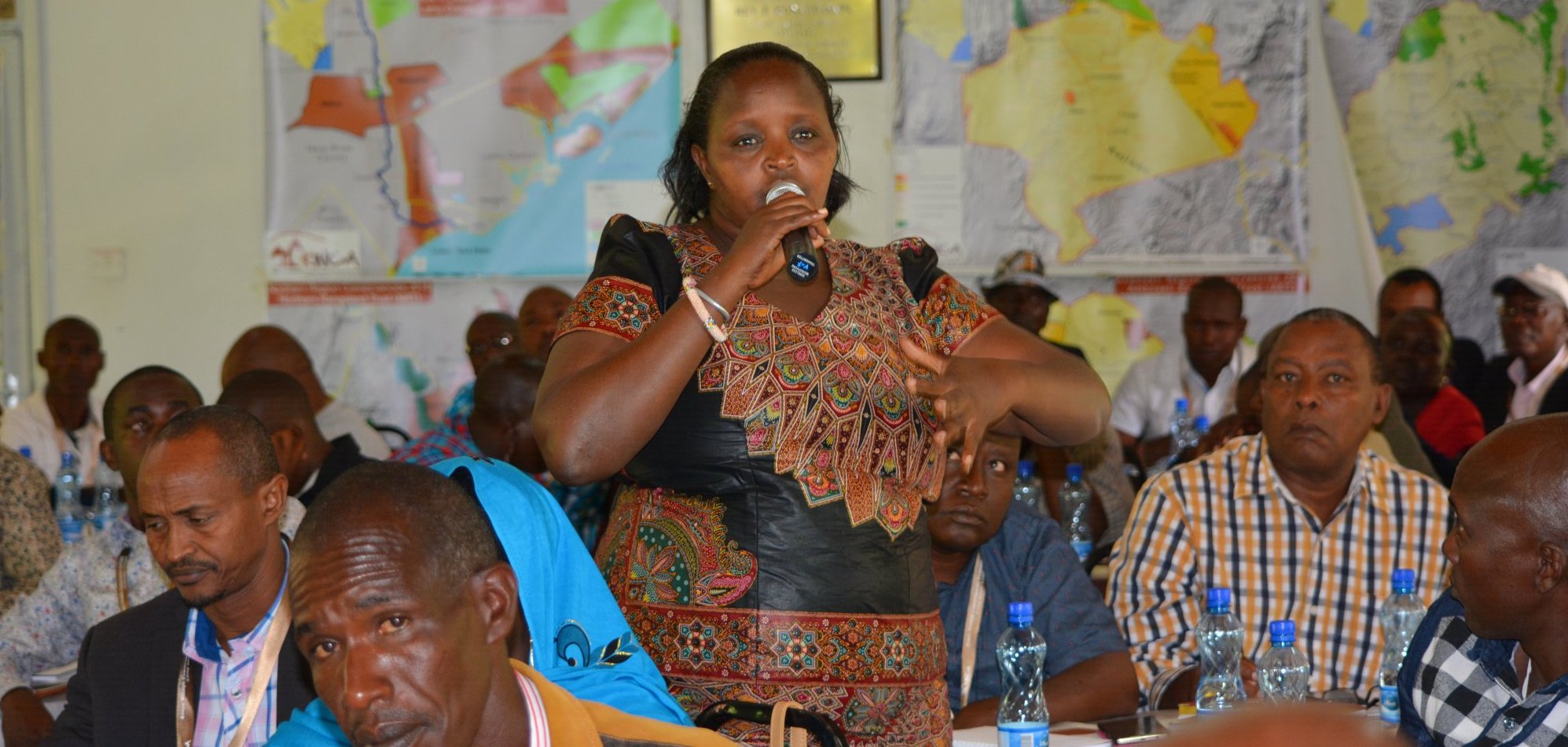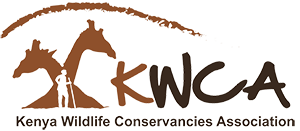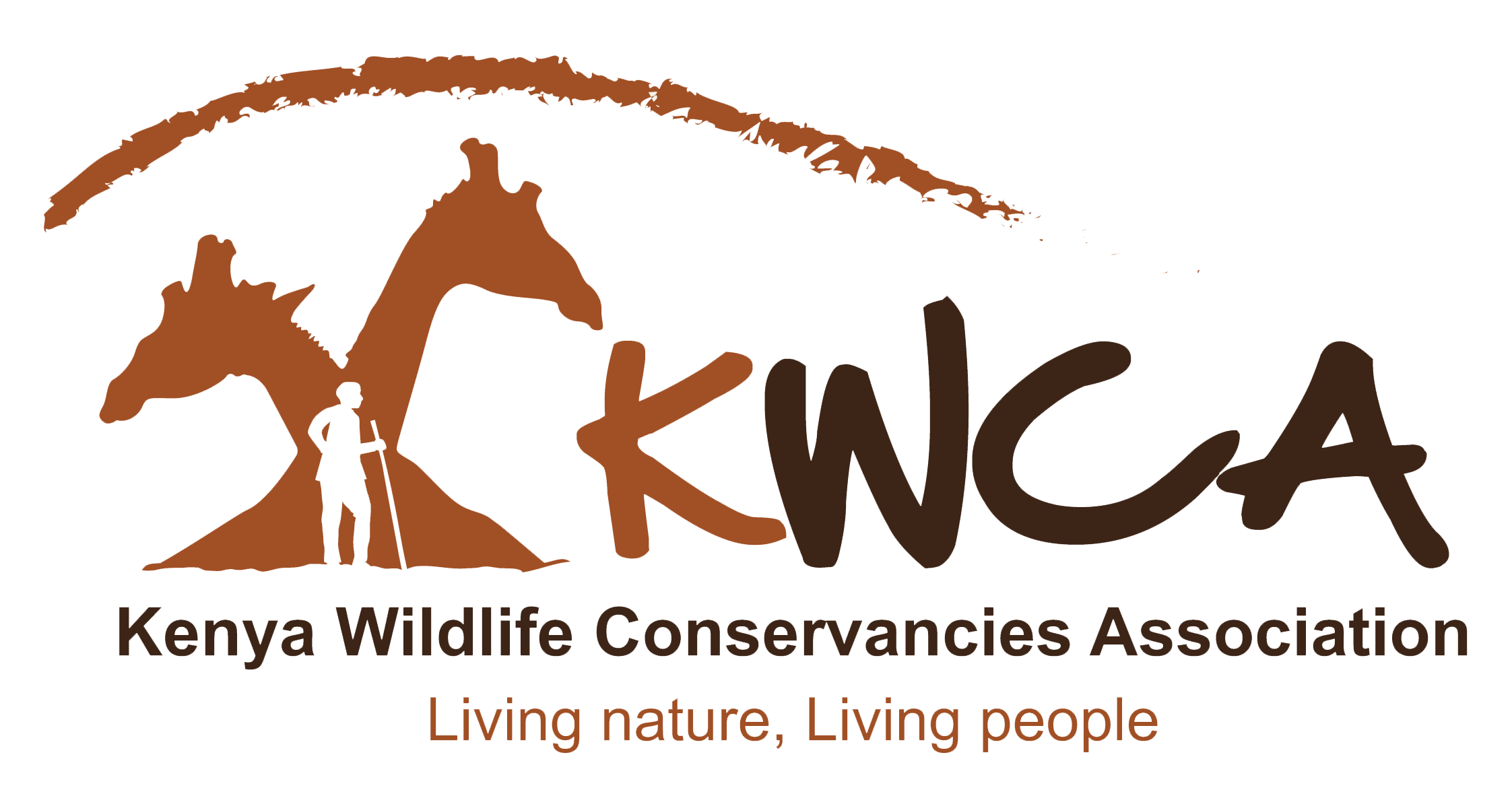Conservancies Given Prominence in Kenya’s New Wildlife Policy

Kenya’s 40 year old policy; Sessional Paper No.3 of 1975 titled “A Statement on Future Wildlife Management Policy in Kenya” recognized community participation in wildlife conservation and management but failed to provide an avenue through which this could be achieved. Conservation of wildlife was in the preceding years perceived as top down, exclusionary and pro-wildlife
Communities living with wildlife felt that the government valued wildlife more than people, a perception that explains why human wildlife conflict is an emotive and political issue. The new wildlife policy now pending parliamentary approval and gazetting provides a progressive avenue for a people-oriented conservation by addressing concerns of communities and private land owners living in or around the national parks or reserves. Although the previous policy has created forums to serve the interest of land owners, it had failed to do so, due to competing interests, poor coordination, weak leadership, limited government support and legislative framework.
Since its establishment, KWCA has been working to fill this void, playing a catalytic role that leverages its wide reach of community and private land owners to incorporate policies and regulations that govern the formation, registration, operations and above all the legal recognition of conservancies in Kenya. Through the Community Policy Support Programme, a USAID Kenya and East Africa supported programme, and specifically using the Conservancy leaders and managers conferences, KWCA collated views from conservancies and advocated for policy recommendations to be incorporated into the draft Wildlife policy 2017.
The new wildlife policy has a substantive section for conservation on private and community land. The Policy under section 5.3 provides 18 policy statements on wildlife conservation and management on community and private lands and dedicates an entire section to community based conservation. The policy therefore gives significant recognition to conservancies as an avenue that complements state protected areas in conservation of wildlife. The Policy provides clear guidelines on how to promote growth of conservation efforts in community and private lands and clearly articulates incentives and the environment through which conservancies should be supported.
In early June, KWCA was appointed by the Cabinet Secretary Ministry of Environment and Natural Resources to serve in the national steering committee and as a member of the synthesis team to provide policy direction, high level guidance and general oversight in the formulation of the National Wildlife Conservation and Management Strategy. KWCA is utilizing this opportunity to ensure that the wildlife strategy encompasses and further operationalizes the policy statements under the National wildlife policy. The policy will also provide a sound basis for KWCA to advocate for future amendments to the wildlife Act 2013.


Leave a Reply
You must be logged in to post a comment.